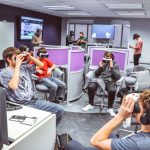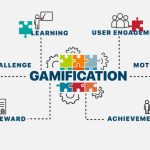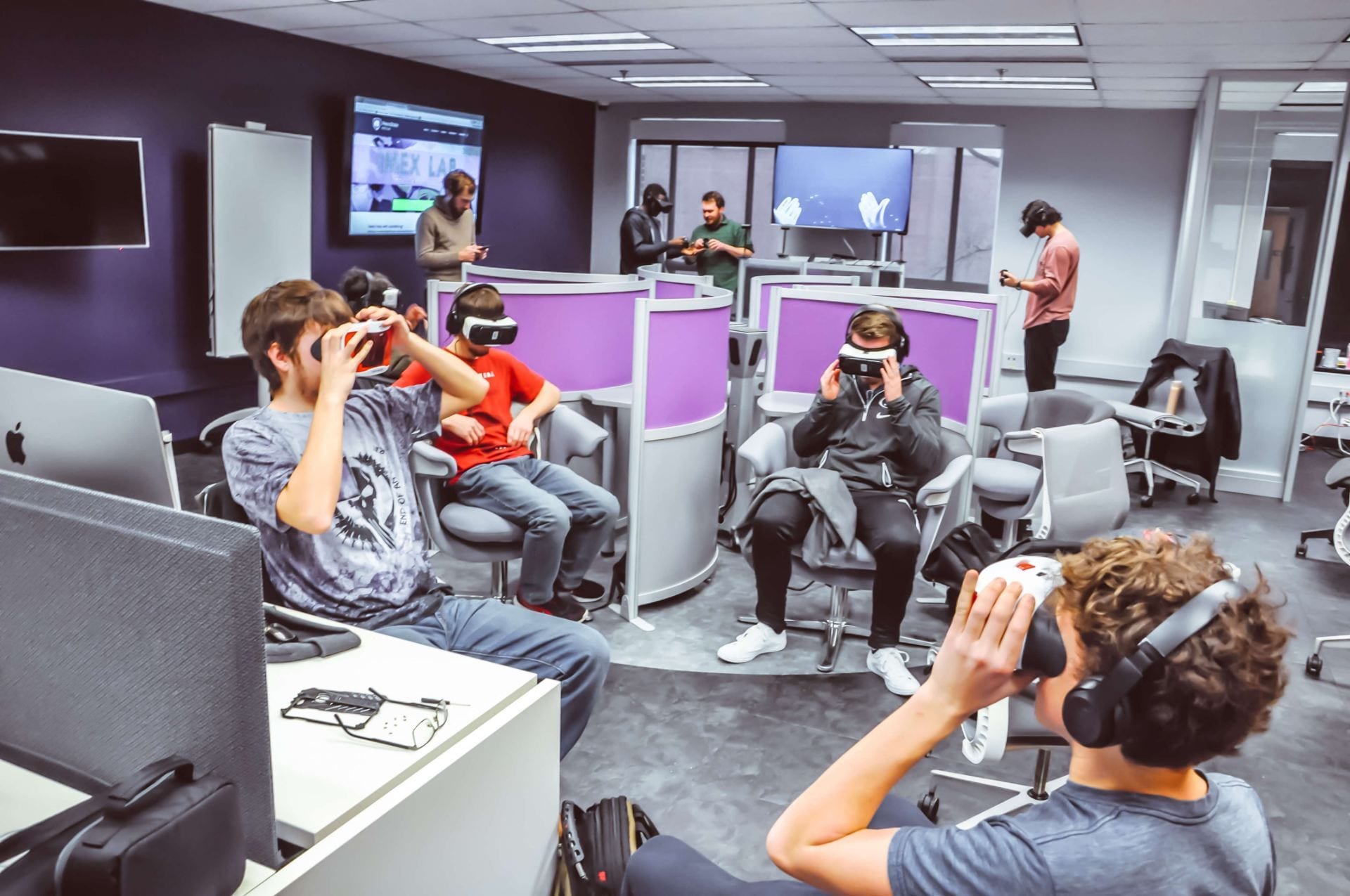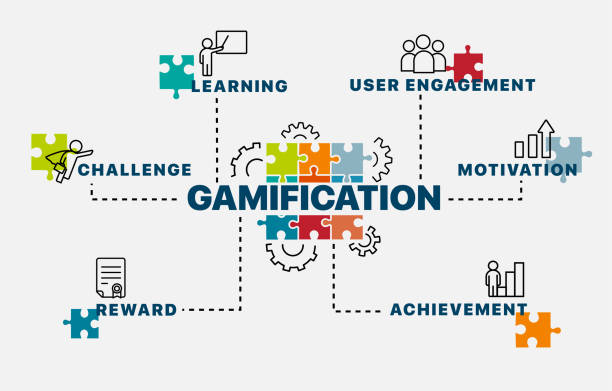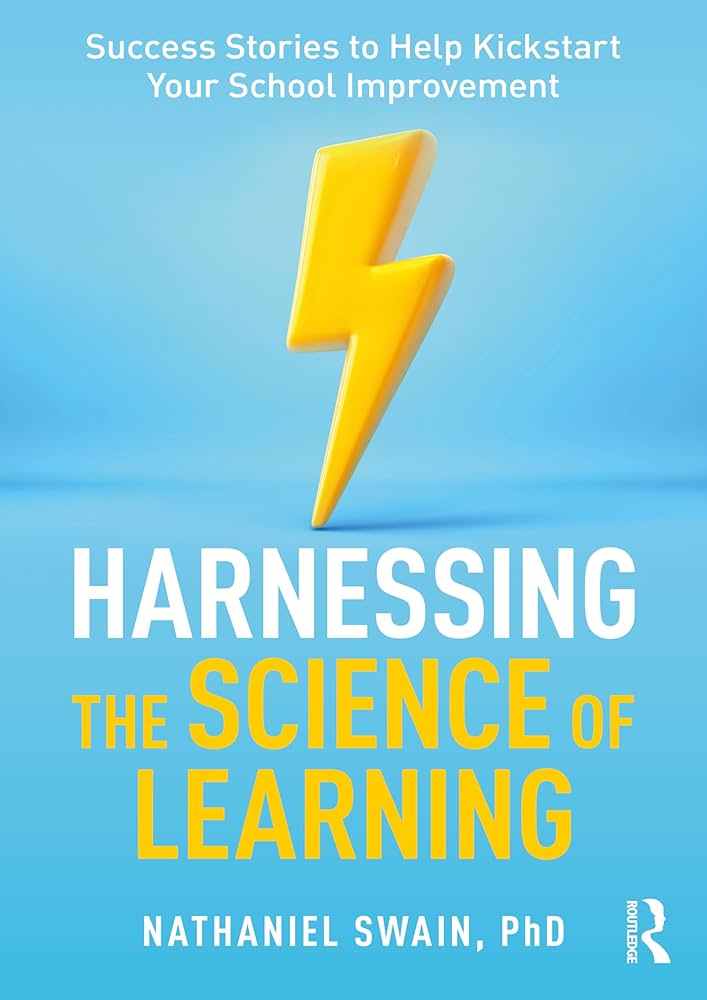
📘 Introduction: Why Working Hard Isn’t Always Enough
Have you ever studied for hours only to forget everything the next day?
You’re not alone. Most students don’t fail because they’re lazy, but because they use outdated study methods that simply don’t work.
The key to academic success isn’t studying harder—it’s studying smarter.
This article dives into the science-backed strategies that top students use to learn faster, retain more, and actually enjoy the process.
🧠 1. How Your Brain Learns (The Basics)
Your brain learns by:
- Encoding – taking in new info
- Storing – saving it into memory
- Retrieving – recalling it later
The stronger your encoding and retrieval processes, the better your learning. And here’s the kicker:
Passive methods (like rereading and highlighting) do very little for long-term memory.
Active, effortful techniques work best—and that’s where science comes in.
📚 2. Active Recall: The King of Learning Techniques
Active recall means testing yourself instead of reviewing passively.
Instead of:
- ❌ Rereading notes over and over
Try: - ✅ Closing the book and writing what you remember
- ✅ Asking yourself questions: “What are the 3 types of rocks?”
- ✅ Using flashcards and explaining answers out loud
This forces your brain to work—and that builds memory.
“Learning that feels hard is learning that lasts.” – Daniel Willingham

🔁 3. Spaced Repetition: Beat Forgetting with Science
We forget most of what we learn within days—unless we review it at the right time.
Spaced repetition means reviewing info just as you’re about to forget it. This strengthens memory each time.
Example Review Schedule:
- Day 1: Learn the topic
- Day 2: Review it briefly
- Day 4: Do a self-test
- Day 7: Practice again
- Day 14: One last review
Tools like Anki or Quizlet automate this for you.
🎯 4. Interleaving: Mix Up Subjects to Boost Retention
Most students block their study:
- Monday = all Math
- Tuesday = all History
Instead, try interleaving: mix related topics together.
Why it works:
- Your brain has to choose the right method each time
- You learn to apply knowledge, not just repeat it
Example:
- 30 mins algebra
- 30 mins geometry
- 30 mins word problems
This feels harder—but it makes you more exam-ready.
🧱 5. Chunking: Master Big Ideas in Small Parts
Your brain can hold about 7 pieces of info at once.
To learn more, you need to chunk it—group small ideas into bigger patterns.
Example in Biology:
Instead of memorizing:
- Mitosis step 1
- Mitosis step 2
- Mitosis step 3…
Chunk it:
- “Mitosis is cell division with 4 key steps: PMAT (Prophase, Metaphase, Anaphase, Telophase)”
Chunked info is easier to store, recall, and understand.
📈 6. Dual Coding: Use Words + Visuals Together
We learn better when we combine verbal + visual input.
That means:
- Drawing diagrams with labels
- Creating mind maps
- Turning notes into infographics
- Using timelines, charts, or concept maps
Even simple doodles help your brain anchor ideas more deeply.
If you can draw it, you understand it.
🎤 7. Elaborative Interrogation: Ask “Why?”
Don’t just memorize—connect new info to what you already know.
Ask yourself:
- Why does this fact matter?
- How does this relate to what I learned last week?
- Can I explain this to a 10-year-old?
The more deeply you process information, the longer you retain it.
“Shallow learning is forgettable. Deep learning lasts.”

🧘 8. Retrieval + Rest = Stronger Memory
It’s not just how you study—it’s how you rest too.
After a study session:
- Take a 10-minute walk
- Avoid screens
- Let your brain “digest” the info
- Sleep well that night
During sleep, your brain consolidates memories.
No sleep = no memory.
Studying until 2 AM and skipping rest? That’s not smart—it’s self-sabotage.
⏳ 9. Pomodoro + Breaks = Maximum Focus
Try the Pomodoro Technique:
- Study 25 minutes
- Take a 5-minute break
- Repeat 4x → then take a 30-minute break
This keeps your mind sharp, reduces burnout, and helps you study longer without zoning out.
During breaks:
- Stretch
- Hydrate
- Breathe
- Step outside if you can
Don’t scroll—refresh.
🧠 10. Practice, Practice, Practice (But Make It Real)
The ultimate learning booster is deliberate practice:
- Timed quizzes
- Practice exams
- Answering past paper questions
- Teaching the topic to a friend
Passive review is easy.
Active, real-world practice is hard—but that’s where growth happens.
Practice like you’re in the exam—so the real thing feels easy.
✅ Conclusion: Master the Science, Master the Subject
Learning isn’t a mystery—it’s a science.
And you now have the formula:
- Active recall
- Spaced repetition
- Chunking and dual coding
- Deliberate practice
- Rest and routines
You don’t need to work longer—you just need to work smarter.
Study with intention. Review with strategy. Succeed with confidence.
You’ve got everything it takes. Now, go learn like a scientist.
✅ This was the final article in your Education Niche: 30-Article Series!
Would you like:
- A summary sheet of all 30 article titles?
- A downloadable PDF?
- Help turning these into blog posts or social content?



